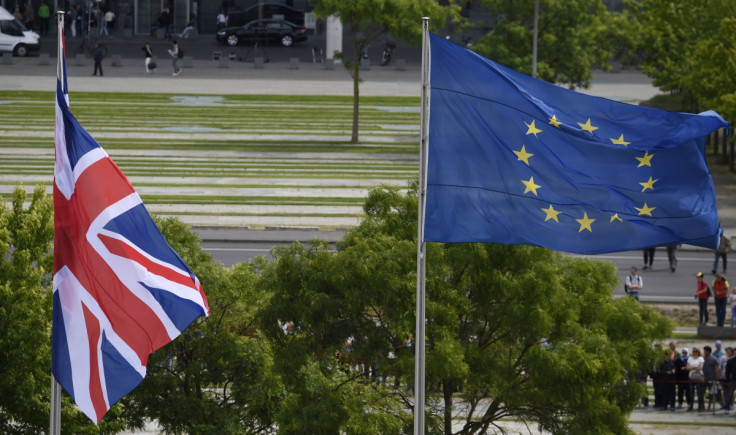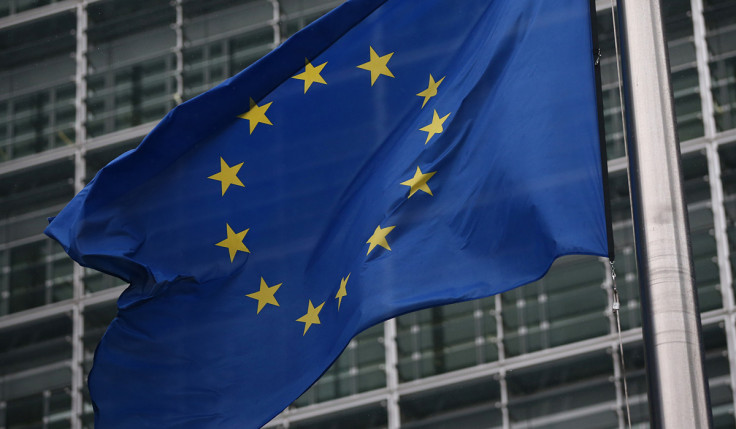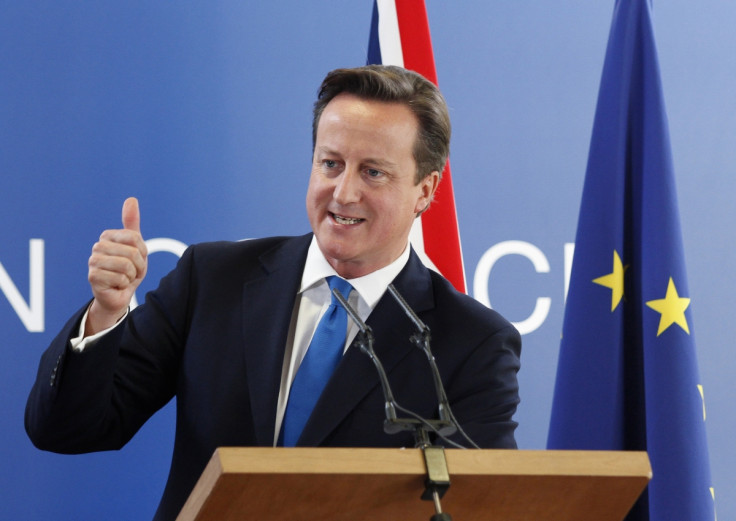EU referendum: The who, what, when and why of the historic Brexit vote

When is the EU referendum?
Prime Minister David Cameron has announced a referendum on whether the UK should remain in the European Union. The referendum will take place on Thursday 23 June.
It will ask the question: "Should the United Kingdom remain a member of the European Union or leave the European Union?"
What is a referendum?
A referendum is a vote on a ballot question which involves the Government asking all members of the eligible voting public - the electorate - to cast a vote to accept or reject a certain proposition. Voting in a referendum involves people attending their nearest polling station and answering a question with a simple "yes" or "no" by ticking a box on a ballot paper.
What is the European Union?
The EU is an economic and political union of 28 countries. Each of the countries within the union are independent but trade under an agreement made between the states. The countries within the EU are: Austria, Belgium, Bulgaria, Croatia, the Republic of Cyprus, Czech Republic, Denmark, Estonia, Finland, France, Germany, Greece, Hungary, Ireland, Italy, Latvia, Lithuania, Luxembourg, Malta, the Netherlands, Poland, Portugal, Romania, Slovakia, Slovenia, Spain, Sweden and the UK.
It operates a single market which allows the free movement of capital, goods, services and people between member states. The EU is also a political union that was founded after the Second World War as a means of preventing more slaughter. It united the economic and political interests of its member states under a single umbrella and entrenched human rights in law to prevent a repetition of the Holocaust in Europe.

Why is there going to be a referendum?
In a nutshell, proponents of leaving the EU say the union imposes too many rules on business and charges too much for membership with not enough in return. There is also an argument to increase controls of Britain's borders to reduce migrants coming to the UK.
Opponents of a Brexit say Britain is boosted by being a member of the union and say the status of the UK would be irreparably damaged if it left the EU. They say membership makes exporting goods and services to Europe easier. Pro-EU campaigners warn leaving the EU would shrink economic growth. There is also an argument that immigration to the UK boosts the economy with young and keen workers.
Who is able to vote?
Citizens of Britain, Ireland and the Commonwealth who are over 18 can vote in the EU referendum. UK nationals who have lived overseas for less than 15 years can also vote. Citizens from EU countries will not have a vote, except for those in Ireland and the Commonwealth states of Malta and Cyprus.
In December, plans to let 16 and 17-year-olds vote in the EU referendum were blocked by the government. All eligible voters will need to register to vote in the referendum, but no deadline has been set yet.
What do I do if I am away during the referendum?
You can still vote if you are out of the country at the time of the referendum by sending a postal vote or voting by proxy, but you need to be registered to do so.
If you live abroad, or are going to be away during the referendum, you can apply to vote by post. You need to make sure you have time to receive and return your ballot papers by polling day. If you don't think you can return them in time, it may be better to vote by proxy.
Voting by proxy means you can appoint someone to vote on your behalf. Both you and the person you appoint must be registered. To find out more, visit Aboutmyvote.co.uk.

Is the public for or against a Brexit?
A poll in February by the National Centre for Social Research found two-thirds of the electorate were unhappy with the UK's current membership terms in the EU. Yet 60% said they thought Britain should stay in the bloc, compared to 30% who said the UK should leave. Some 10% were undecided.
YouGov have said the "leave" camp are currently ahead, but referendum polls this far in advance are not accurate. The latest referendum voting intentions are 37% remain, 38% leave and 25% don't know or wouldn't vote.
What is the deal David Cameron made on EU reform?
The prime minister made a deal on EU reform which he claimed would give the UK "special status" within the 28-nation bloc, after two days of discussions in Brussels in February. EU leaders agreed on a series of measures aimed at keeping Britain in the union, including changes to migrant benefits and protections surrounding the eurozone.
Justice Secretary Michael Gove has challenged the prime minister's claim that the reform deal is legally binding, stating the European Court of Justice would have the power to throw out the changes.
The main points of the deal include:
Immigration: There are new powers to exclude people deemed a security risk, even if they do not have prior convictions. The deal includes stronger powers to stop criminals coming to the UK and to deport people who commit crime in Britain. The deal also confirms measures to deny free-movement rights to nationals in non-EU countries who marry an EU national, in an attempt to tackle sham marriages to gain residency.
Migrant benefits: Member states will be able to apply an emergency brake where "exceptional" levels of migration are putting pressure on social security systems or public services. Cameron secured an agreement to limit the benefits migrant workers can claim for children in other EU countries.
Eurozone: Cameron's agreement means the pound is protected as it was agreed there should be more than one currency in the eurozone. It also outlaws discrimination against companies and individuals of their home currency, which Cameron hopes will help British companies trade in Europe. The deal means countries outside the euro will not be required to fund euro bailouts, such as those paid to Greece.
Sovereignty: The deal confirms the "ever closer union" in EU treaties does not mean the UK is on its way to deeper political integration. A "red card" system will be introduced which means national parliaments can require the European Council to reconsider EU legislation if they can muster support equivalent to 55% of the 28-nation bloc.
© Copyright IBTimes 2025. All rights reserved.






















